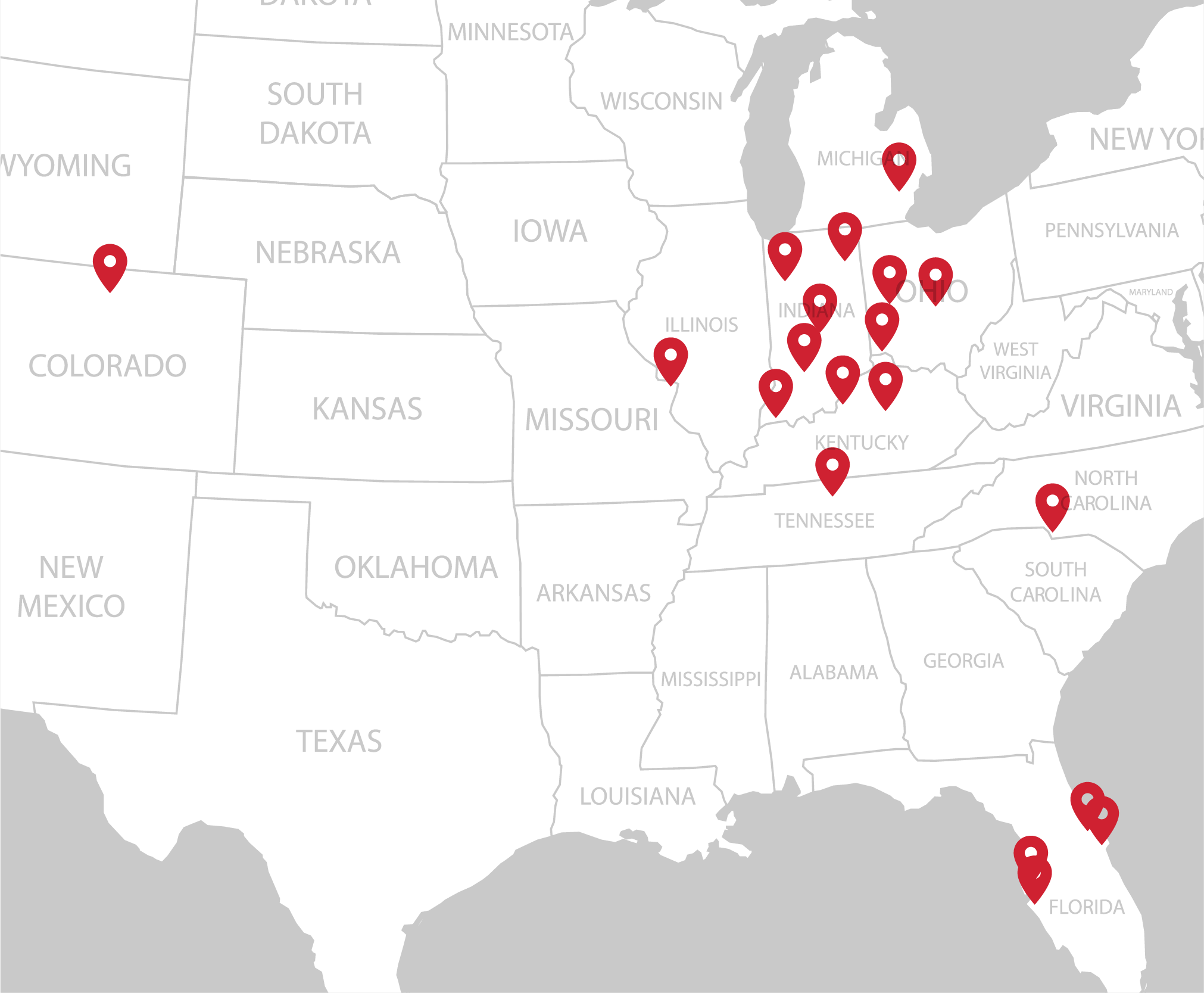As you look around your neighborhood in the morning, you may notice some roofs have frost and some do not. What does it mean? Is it a problem if your roof has frost? Is it a problem if it doesn’t? The following breaks it down to help you understand what frost on your roof might mean.
The Sun
If you notice your roof is frost-free, but your neighbor’s roof isn’t, do you need to worry? The reasoning could be as simple as your roof’s exposure to the sun. If your roof is hit by the sun more directly in the morning than your neighbor’s, that could explain the lack of frost.
As soon as the sun rises it begins to melt the frost. By the time you notice the frost on your neighbor’s, shade covered, roof, the sun may have already melted the frost on your own. However, the sun may be just one factor, so don’t rule out more serious problems just yet.
Roofs That Face Away From the Sun
If you and your neighbor’s roofs are equally exposed to the sun and it still doesn’t have frost when those other homes do, you could have a problem. A lack of frost could indicate your insulation isn’t adequate. Insufficient insulation causes heat to leak through the attic and melt the frost. One of the signs this is happening is if the frost coverage is spotty. The clean, frost-free areas indicate spots where heat may be leaking.
Why This Is an Issue
You may be thinking that a little heat escaping through the roof is no big deal. However, heat leaking through your attic can cause several issues. If all the heat is escaping through the roof, it is not doing its job of warming your home. This may cause you to increase the heat levels in your house, increasing energy consumption and heating costs.
What You Can Do
Instead of trying to remedy the issue on your own, enlist the help of a roofing contractor. Your contractor can look for problem areas that need repairs and can ensure there is proper insulation in your attic. Contact Bone Dry Roofing today by calling 877-BONE-DRY to schedule a free inspection.







